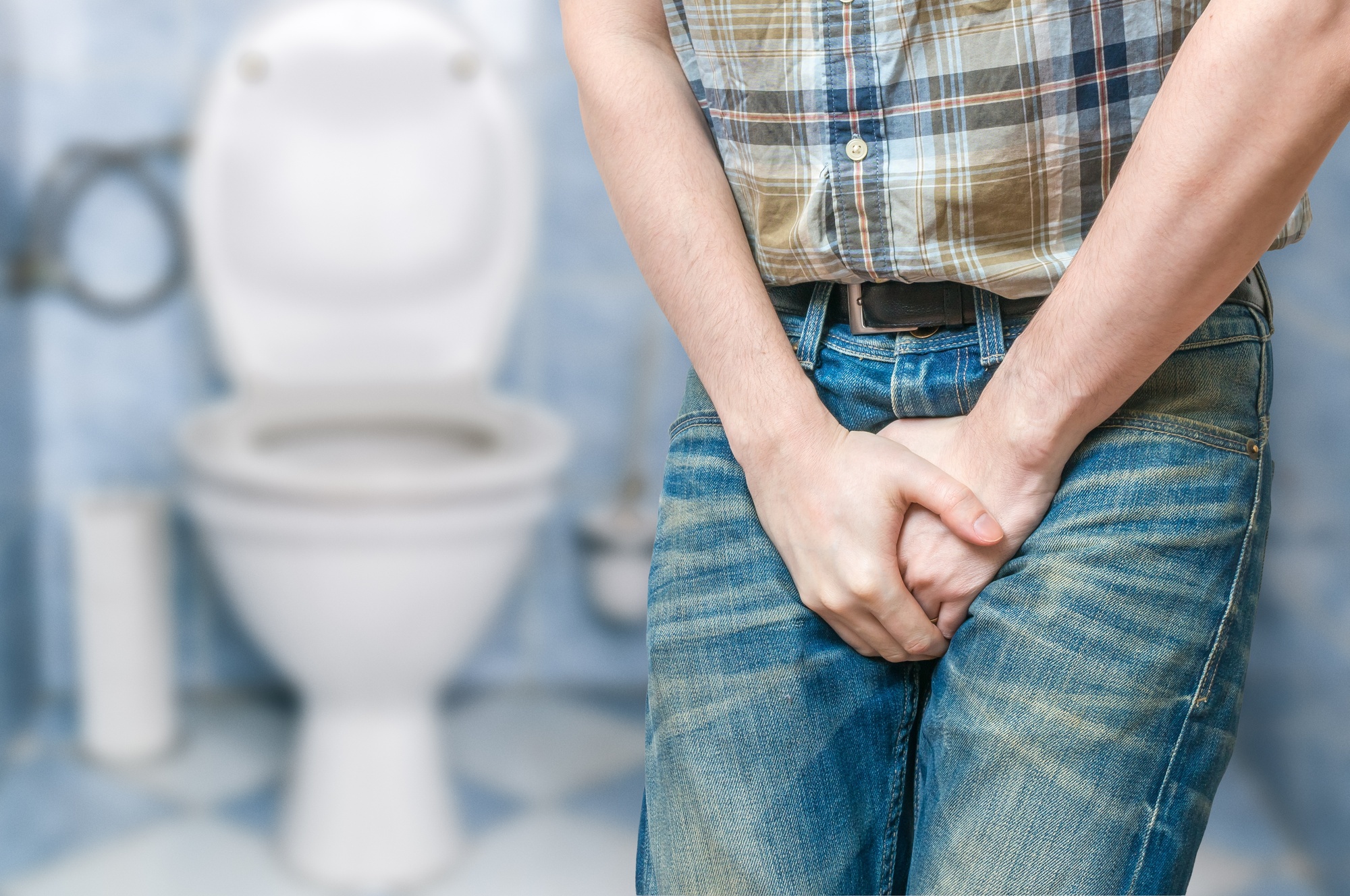As we get older, our bladders become less reliable than they once were. Around 33 million American adults have overactive bladders. But although they’re very common, bladder problems are rarely discussed in public.
An overactive bladder doesn’t just mean more trips to the bathroom. It can lead to many social, psychological, and financial impacts. If you struggle with incontinence, learn how bladder control supplements can benefit you.
What Is Incontinence?
Incontinence is a condition where the patient suffers from loss of bladder control. There are five sub-types with varying causes and triggers.
Stress Incontinence
The stress here doesn’t refer to mental stress but rather physical pressure. People with stress incontinence lose control of their bladder due to strain. This loss can occur when someone sneezes, coughs, laughs, or exercises.
Urge Incontinence
Urge incontinence doesn’t have a trigger. It comes after a sudden urge to urinate, and the bladder loses control. A person with urge incontinence might need to urinate more often than usual.
Mixed Incontinence
Mixed incontinence occurs when someone has symptoms of both stress and urge incontinence. For people with mixed incontinence, even a small drink of water can trigger the urge to urinate. Accomplishing day-to-day tasks can be overwhelming, and finding public toilets can increase stress.
Overflow Incontinence
Someone who has trouble emptying their entire bladder might suffer from overflow incontinence. Patients often struggle with small leaks of urine throughout the day. Urinary tract infections are a high risk for people with overflow incontinence.
Functional Incontinence
Functional incontinence isn’t entirely due to a lack of bladder control. A mental or physical impairment might prevent someone from having a normal bathroom experience. For example, people with mobility issues might struggle to get to the bathroom in time.
Risk Factors for Incontinence
A family history of incontinence can increase your risk of developing the condition. Other risk factors include:
- Gender
- Age
- Weight
- Tobacco use
- Chronic illnesses
Women are twice as likely to suffer from incontinence than men. Stress incontinence is more common for women due to childbirth, menopause, and pregnancy. But men tend to suffer more from urge and overflow incontinence.
Age impacts the bladder, with more older adults suffering from the condition. The prevalence of chronic illnesses in old age can also weaken the bladder. Diseases like diabetes and neurological disorders may lead to incontinence.
What Are Bladder Control Supplements?
Bladder control supplements reduce the number of times a person needs to urinate. They come in many forms, from creams to pills to patches. These supplements can relieve the symptoms and help people feel comfortable.
Supplements can come pre-packaged and are specifically sold for incontinence issues. They often feature an ideal combination of active ingredients for symptom reduction. But many people opt to create their own blend of supplements from vitamins and minerals.
Benefits of Bladder Control Supplements
Overactive bladder medication is a treatment option, but it comes with side effects. That’s why many patients turn to natural remedies, like supplements. Bladder control supplements can have many benefits, including:
- Replacing bladder control medication
- Reducing the frequency of urination
- Providing a natural, herbal remedy
- Easy to take every day
- Improving overall health
Supplements are a great alternative to over-the-counter products. They give the patient more control over their disorder and provide a non-medical solution.
Vitamins That Can Help With Bladder Control
Vitamins play a crucial role in the body’s function. So it only makes sense to consider a vitamin deficiency as the cause of an overactive bladder. In a major study review, six out of seven cases pointed to Vitamin D deficiency as the culprit.
Two other studies in the review showed promising results of Vitamin D as a treatment to control incontinence. The studies found that Vitamin D receptors are present in the bladder muscles. Maintaining a healthy level of this vitamin can strengthen these muscles and allow for more control.
You can buy a wide range of Vitamin D supplements at your local pharmacy. But one of the best ways to increase intake is through Vitamin D-rich food! To get more in your diet, eat a healthy serving of these foods:
- Salmon and other fatty fish
- Canned tuna
- Eggs
- Mushrooms
- Fortified beverages
- Leafy greens like spinach and kale
And head out into the sun! Sunshine is an excellent source of natural Vitamin D, and only 20 minutes a day is plenty for most people. Be safe and lather up the sunscreen before you step outside.
Another supplement that shows promising benefits is Vitamin C, in some cases. Studies have found that high-dose Vitamin C supplements can actually aggravate the bladder. If you choose to take supplements, talk to your doctor to find the right amount.
But adding Vitamin C into your diet through food showed the opposite effect! Eating Vitamin C-rich foods led to less frequent urination and severity of urges. Add Vitamin C to your diet with:
- Citrus fruits
- Peppers
- Broccoli, Brussel sprouts, and cauliflower
- Leafy greens
- Tomatoes
Another healthy addition to your diet is magnesium. Some researchers believe it can lead to fewer bladder muscle spasms. Try avocados, bananas, beans, and quinoa for a magnesium boost!
Foods to Avoid if You Suffer From Incontinence
Some vitamin-rich foods are an excellent supplement for incontinence. But there are certain foods that can intensify the urge and frequency of urination. Keep these to a minimum:
- Carbonated drinks
- Caffeine
- Alcohol
- Artificial sweeteners
It might seem counter-intuitive, but monitoring your water intake can also help. We’re constantly told that drinking more fluids is the key to clear skin, a healthy body, and weight loss. But for people with overactive bladders, it can mean more trips to the bathroom.
Experts recommend reducing water intake by 25%, especially around bedtime. But be careful to avoid dehydration! You still need to drink around 1 liter of water every day.
Stay Regular With Urinary Incontinence Supplements
Incontinence can be tough to manage, but there are options that can reduce the symptoms. A healthy diet and bladder control supplements can make an enormous difference. Don’t wait if you are suffering from incontinence and experiencing symptoms!
The Health Knowledge Base is your go-to for all things health. Check out some more informative articles, or contact us if you have any questions about supplements!












Very nice post. I just stumbled upon your blog and wanted to say that I’ve really enjoyed browsing your blog posts. In any case I’ll be subscribing to your feed and I hope you write again soon!